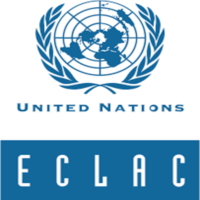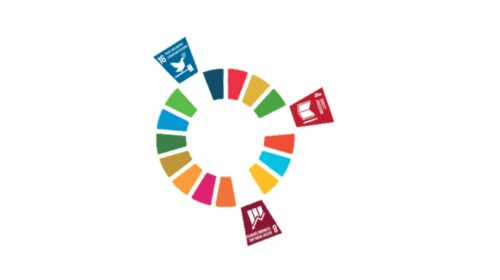This course seeks to provide students with the conceptual and practical foundations of the open government paradigm for the formulation of initiatives within the framework of the 2030 Agenda for Sustainable Development. It is an introductory course, in which participants will have the opportunity to learn about the basic notions that underpin public policies, programs and projects that seek to promote the construction of open governments. It is organized by the Economic Commission for Latin America and the Caribbean (ECLAC) through the Latin American and Caribbean Institute for Economic and Social Planning (ILPES). In addition, it has the support and collaboration of the Open Government Partnership (OGP).
Download SyllabusTarget Audience
Public officials, members of civil society organizations, NGOs, academics or citizens who are interested in the formulation of open government initiatives to promote sustainable development.
Learning Objectives
- Strengthen the management capacities of public administrations in the region through the provision of knowledge and tools for open government applicable to their own national contexts.
- Learn conceptual and practical tools that support the design, implementation and development of open government policies in different countries of the world.
- Gain knowledge, information, experiences and good practices in key open government issues that allow the development of project proposals that result in greater transparency, collaboration and citizen participation in the administrative management of the State.
- Support countries through training their officials to better comply with their national and international commitments related to open government.







